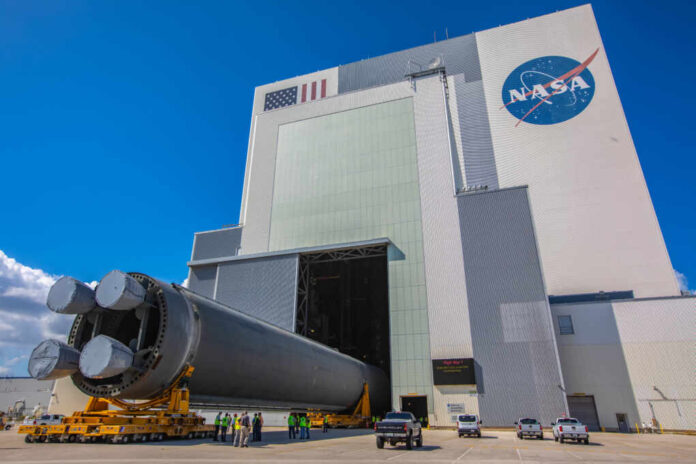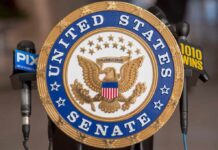
On Monday, NASA announced the damage caused to a Florida home last month might have come from “space debris.”
On Mar. 8, Naples resident Alejandro Otero was on vacation when his son notified him about an object crashing through his ceiling. When he arrived home to inspect the damage, Otero saw that the unidentified object had torn through his ceiling and floor.
“It was a tremendous sound. It almost hit my son. He was two rooms over and heard it all,” Otero, told reporters. “Something ripped through the house and then made a big hole on the floor and on the ceiling.”
“I was shaking. I was completely in disbelief. What are the chances of something landing on my house with such force to cause so much damage?” Otero added. “I’m super grateful that nobody got hurt.”
In other states, you get hail. In Florida, we get space debris. https://t.co/CGPto2RmNg
— Chris invests📶🇺🇸 (@Chris_Invests) April 3, 2024
According to NASA, the metal object was left over from the International Space Station (ISS). The metal weighed a little over a pound, was four inches tall and less than two inches wide.
“It didn’t look like anything I had ever seen before,” Otero told Fox News. “It looked like it had been burned up and scraped, and it was a heavy piece for its size.”
The object came from a pallet of nine batteries that NASA had released from the ISS in March 2021 after getting stranded back in 2018, according to Smithsonian Magazine. The organization reported that it would orbit Earth for between two and four years before being burned by the atmosphere. They stated that it wouldn’t cause any harm.
According to a statement released by NASA Deputy News Chief Jennifer Dooren, the object was collected by the organization on March 28 and taken to the Kennedy Space Center in Cape Canaveral for analysis.
If the object is confirmed to belong to NASA, Otero or his insurance company could make a claim against the federal government using the Federal Tort Claims Act, according to Michelle Hanlon, executive director of the Center for Air and Space Law at the University of Mississippi. If it was made elsewhere, things could be more complicated.



























